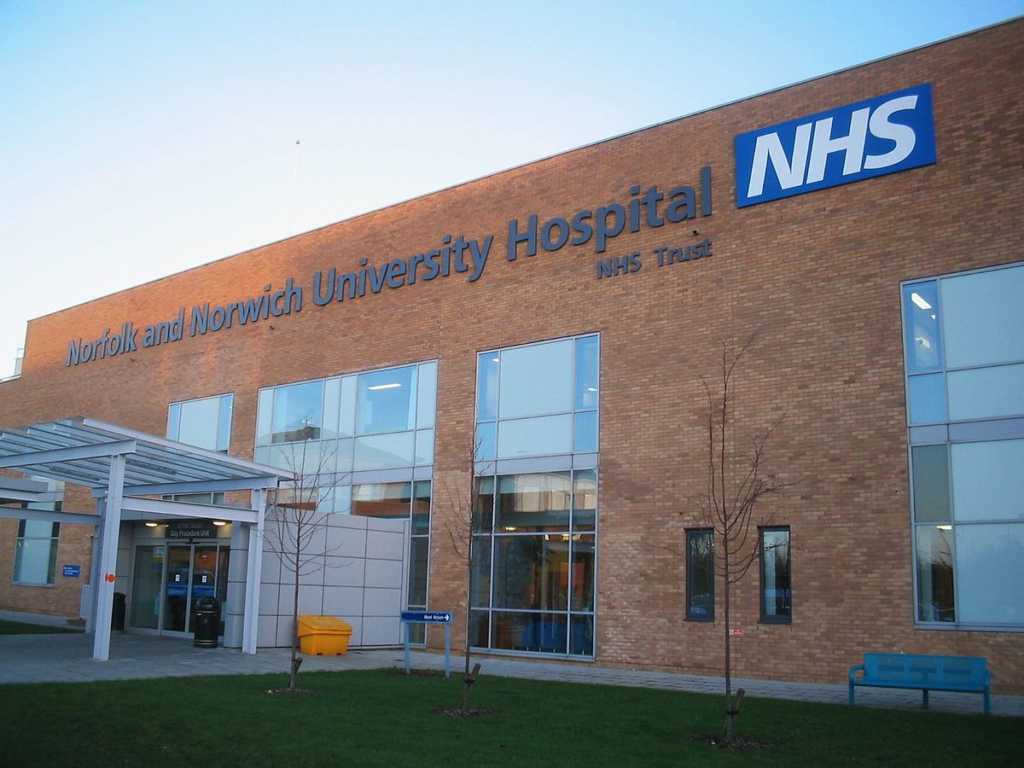A regional section of the U.K.’s National Health Service has appointed an atheist as the head of its hospital chaplaincy service. Lindsay van Dijk will lead a team of three Christian chaplains along with a wider volunteer base, including a Catholic nun, a Buddhist and a Bahá’í, at the Buckinghamshire Healthcare NHS trust.
Hospital Staff Gathers Daily to Pray for Their Patients Healing
“A lot of people don’t have an organized faith, but still have spiritual and emotional needs at difficult times. Often people are trying to make sense of their lives and the situations they find themselves in,” Van Dijk, who identifies as a “humanist,” told the Guardian. She insisted that both staff and volunteers have been hugely supportive of her appointment.
“There has been no hostility,” she added.
Humanists do not believe in any form of life after death. Despite the obvious hopelessness of such a belief system, the chaplain is confident that she is equipped to assist those who are coming to the end of their life.
“Many people approaching the end of their lives want to reflect on a life well lived,” Van Dijk explained.
Carolyn Morrice, the trust’s chief nurse, stated, “Lindsay’s appointment confirms our commitment to provide a chaplaincy service with individual choice at its heart, catering to all our patients, visitors and staff regardless of faith, denomination or religion, including those who have no faith or religion.”
Others, however, are rather perplexed and the decision to appoint someone with no faith to what is clearly a spiritual position.
“Putting a humanist in charge of the chaplaincy team shows how far we have come from the Christian roots of the NHS,” said Andrea Williams of Christian Concern.
“The whole reason we have chaplains is because of that Christian foundation where the NHS was founded that we ought to consider not just the physical needs but the spiritual needs of the patients,” added Tim Dieppe of the same organization. “It’s a further move away from the Christian principles upon which the NHS was founded.”
The NHS was founded by Labor Party politician, Aneurin Bevan, who grew up in a devout Christian home. His father and mother were both non-conformist protestants who belonged to the Baptist and Methodist churches, respectively.
According to a report by Christian think tank Theos, the activities of a hospital chaplain may include vital and taxing work such as “grief and loss care, crisis intervention, communication with caregivers, facilitation of staff communication, conflict resolution, referral and linkage to internal and external resources, and staff support relative to personal crises or work stress.”
Theos further argued that “significant gains in healthcare outcomes” can be achieved by assigning the role of hospital chaplain to a person of faith.
Religious faith may be “of great utility to patients in shifting their gaze and attention from the abyssm,” Theos noted. “Where this is the case and anxiety is accordingly attenuated, significant gains in healthcare outcomes may result – not only in the sense of peace of mind and therefore quality of life, but in more directly physical results such as post-surgical recovery.”
“The sense of spiritual, moral and ethical perspective chaplains bring, along with a wider social ‘sense of coherence’ would seem to point towards highly positive benefits for patients and staff alike,” Theos continued in its report, titled, “Religion and the National Health Service.”
It is difficult to fathom how a faithless chaplain will be able to carry out this role with the same efficacy as someone with deep spiritual convictions and hope that transcends the trials of this world.
(H/T: The Guardian)



